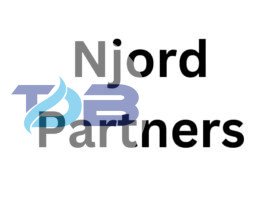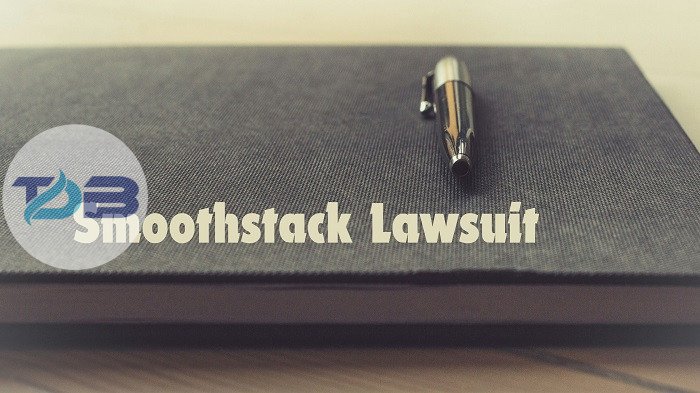Smoothstack, a technology consulting firm in the United States, is currently facing legal issues that have sparked a significant lawsuit. The case has raised concerns about employment practices and how they impact job seekers. This article will break down the key details of the Smoothstack lawsuit in a way that’s easy to understand, even for a younger audience.
What Is the Smoothstack Lawsuit?
The Smoothstack lawsuit involves allegations against the company for certain practices related to their hiring and employment policies. Smoothstack operates as a technology consulting company that provides training programs for individuals who are looking to build careers in tech. The lawsuit claims that the company’s programs might not fully align with fair employment practices.
This case shines a light on the inner workings of such training programs and brings up questions about whether the company’s promises to employees are being met fairly.
Why Did Smoothstack Face Legal Issues?
The primary reason Smoothstack faces legal issues is due to allegations that their employment practices might not meet the expectations of employees or abide by legal standards. Lawsuits in the employment field often arise when workers feel that they were misled or that conditions weren’t clearly stated.
The specifics of this lawsuit address concerns that Smoothstack may have created unrealistic promises for new employees or job trainees. For example, some trainees claim they were required to work under terms they weren’t initially aware of or that they were not given transparent information about job placements after completing the training.
How the Smoothstack Lawsuit Affects People

Who Is Involved in the Lawsuit?
The lawsuit primarily involves individuals who participated in Smoothstack’s programs and were later dissatisfied with the employment terms they experienced. This includes past trainees, employees, and others who were in contact with the company’s programs.
Additionally, lawyers, advocates for employment rights, and other stakeholders who focus on fair employment practices are also closely observing the case, as the outcomes could impact similar companies across the country.
What Claims Were Made Against Smoothstack?
The lawsuit makes several claims against Smoothstack. These claims include allegations of misrepresentation, where the company may have provided misleading information to recruits regarding job placements and training conditions. There are also claims about possible breaches in employment contracts, suggesting that trainees may have been asked to work under conditions that were not clearly explained or were unfavorably compared to what was initially advertised.
How Does It Impact Job Seekers?
For job seekers, the Smoothstack lawsuit brings up significant concerns. Programs that promise job training and placements are often attractive to those entering the tech field, especially for individuals who might not have a traditional tech background. This lawsuit could make job seekers more cautious about signing up for similar programs, as it raises questions about how such opportunities are presented versus what they actually deliver.
Job seekers might also feel hesitant to commit to training programs without thoroughly researching the terms and conditions. If companies do not maintain transparency, potential employees could suffer from unexpected costs, job placement delays, or other negative experiences.
Legal Actions Taken in the Smoothstack Case
In response to the claims, legal actions have been initiated to assess the validity of these allegations. Lawyers representing affected individuals are working to collect evidence and present the experiences of those who feel wronged by Smoothstack’s practices. This includes evaluating whether Smoothstack’s contracts are lawful and if the company has provided all the necessary information for trainees to make informed decisions.
Such legal actions are important because they set a precedent for other companies offering similar programs. The outcome could require Smoothstack and other firms to alter their practices or face further legal scrutiny.
What Are the Possible Outcomes of the Case?
The Smoothstack lawsuit could lead to several potential outcomes, depending on the findings and the court’s decisions. Some possible scenarios include:
- Compensation for Affected Individuals: If the court finds that Smoothstack engaged in unfair practices, the company might be required to compensate individuals who were affected. This could include covering costs for training, lost wages, or other expenses.
- Changes in Company Policies: Smoothstack might be asked to revise its policies to ensure greater transparency and fairness in its training and employment practices.
- Industry-Wide Impact: The case might influence other companies that offer similar job-training programs, urging them to review their policies to avoid similar lawsuits.
What Can We Learn from the Smoothstack Lawsuit?
The Smoothstack lawsuit serves as a valuable lesson for both companies and employees, especially regarding the importance of clear communication and fair treatment.

How Companies Can Avoid Similar Issues
Companies can avoid facing similar lawsuits by maintaining transparent communication with trainees and employees. They should ensure that their contracts are easy to understand and do not include hidden terms. By prioritizing ethical practices, companies can build trust with their employees and avoid costly legal disputes.
Lessons for Employees and Job Seekers
For employees and job seekers, this case emphasizes the importance of thoroughly understanding a company’s policies before joining. It’s essential to read the fine print, ask questions, and seek clarity on any aspects that may seem unclear. Being well-informed can prevent unexpected issues down the road.
Understanding Your Rights in a Job Program
Understanding your rights is crucial when joining a training or job placement program. Every employee should know what they’re entitled to, including fair wages, clear job placement information, and a safe working environment. This knowledge empowers individuals to make better career choices and avoid situations where they might feel mistreated.
Next Steps for People Affected by the Lawsuit
For those affected by the Smoothstack lawsuit, seeking legal advice might be a valuable step. A lawyer can help individuals understand their rights and assess whether they might be eligible for compensation. In some cases, joining a class-action lawsuit could also be an option, allowing affected individuals to come together and have their claims addressed collectively.
Additionally, individuals affected by similar issues in other companies might want to follow this case closely. The outcome could impact their situations or even inspire similar legal actions in other job training or employment programs.
The Bottom Line
The Smoothstack lawsuit is a significant case in the field of employment law, especially concerning job training programs. It highlights the importance of fair treatment and transparency for both companies and employees. For job seekers and employees, it’s a reminder to carefully evaluate any job programs they’re considering, ensuring they fully understand the terms and conditions before committing.








































Leave a Reply